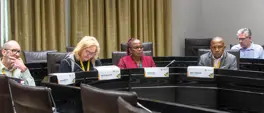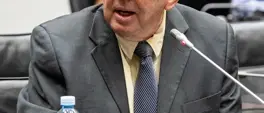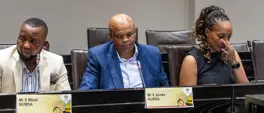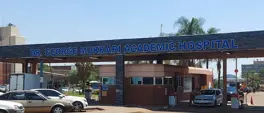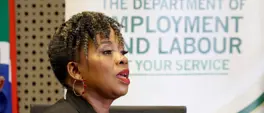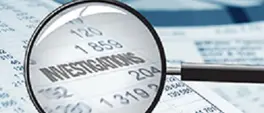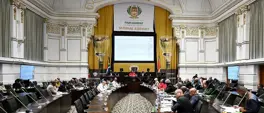WATCH | Can the G20 boost South Africa’s food security?
Nokukhanya Mntambo
19 August 2025 | 9:07As G20 president, South Africa hopes to leverage multilateral cooperation to strengthen its agricultural sector.
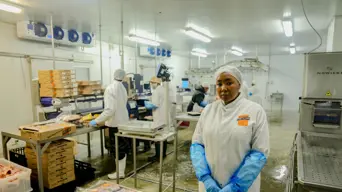
Lebo Mokwene, co-founder of Phetogo Farming Enterprise. Photo: Sphamandla Dlamini
JOHANNESBURG - Agriculture continues to be a cornerstone of South Africa’s economy, as well as a driver of job creation and food security.
Despite mounting challenges, the sector remains a key force for rural development and an enabler of national growth.
According to the latest data from Stats SA, agriculture, forestry, and fisheries contributed approximately 2.3% to the country's GDP in the last financial year.
This may seem modest, but the sector clearly punches above its weight, employing more than 900,000 people and sustaining millions more through related industries such as agro-processing, transport and export services.
Gauteng, South Africa’s economic powerhouse, is often associated with industry and finance. Yet agriculture remains an essential, though smaller, part of its economy.
Despite being the smallest province geographically, Gauteng supports a wide range of agricultural activities, particularly in peri-urban and rural fringe areas, including poultry, vegetable farming, and horticulture.
The province faces significant challenges, with urbanisation, water scarcity, land shortages and climate change all posing threats to agricultural growth.

EWN met Gauteng’s MEC for Agriculture and Rural Development, Vuyiswa Ramokgopa, as part of our special G20 coverage in the lead-up to the Leaders’ Summit in November.
Initially, we had hoped to catch up with her at the Tshwane Fresh Produce Market, but instead we met at an agri-park in Soshanguve, a hidden gem where she introduced us to a young vegetable farmer.
In her first year in office, Ramokgopa has focused not only on expanding the sector but also on ensuring it is representative of the people who live in Gauteng.
"This is actually an incredible initiative, and we have a number of agri-parks all over the province. We are currently in Soshanguve at a project run by a woman farmer who has been here for several years. She has not only grown her business but has also become a positive force in the community, helping other farmers and serving as an aggregator for agriculture in this area.
"We are also focused on education and training, because it’s not just about making infrastructure investments. It’s about ensuring people have the requisite technical skills and ongoing support from agricultural advisers. We also need municipalities to play their part, because they are at the coalface of service delivery, whether it’s water, electricity, or general maintenance of these facilities," Ramokgopa said.
She added that Gauteng sees an opportunity to enhance food security by supporting small-scale farmers and creating sustainable economic models and value chain support systems.
As G20 president, South Africa hopes to leverage multilateral cooperation to strengthen its agricultural sector. The G20’s focus on food security, climate resilience, and sustainable development could help address the challenges facing provinces like Gauteng.
Key interventions include:
- Investment in climate-smart agriculture to promote practices such as precision farming, drought-resistant crops, and efficient irrigation.
- Support for small-scale farmers, including financial inclusion, training, and infrastructure development.
- Urban agriculture innovation, using rooftop gardens, hydroponics, and vertical farming to boost food production in densely populated cities.
- Trade and market access, particularly reducing barriers and opening up new export markets in an era of shifting global trade policy.
Ramokgopa stressed that while agriculture may not be Gauteng’s biggest GDP contributor, it is vital for food security, employment, and sustainability.
"South Africa is a net exporter of food, producing enough to feed other countries. But we struggle to feed ourselves adequately due to affordability, input costs, tariffs, and distribution models. The challenge is ensuring food reaches the people who need it most," she said.
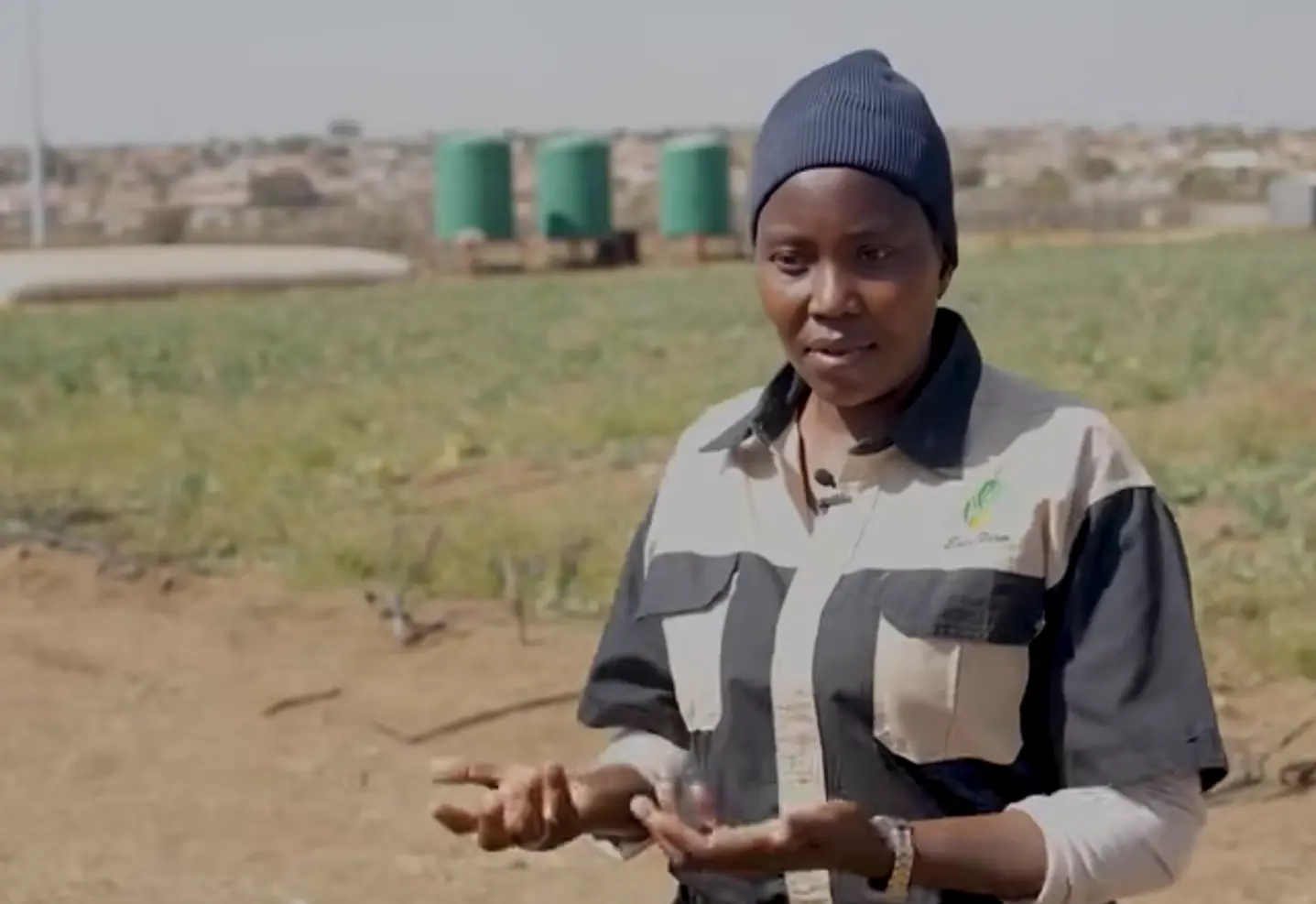
We also met Dorah Mathebe, founder of Eden Farming and Projects, who left her job as a primary school teacher to become a farmer. She now runs two farms, one at the Soshanguve agri-park and another in Bosplaas.
"Agriculture is expensive, and you need significant capital to sustain a business. Climate change is also a challenge. I was fortunate to receive support from the Department of Agriculture and Rural Development, which helped me grow sustainably. But implementation is key. If even 80% of the G20’s agricultural commitments were realised, it would make a real difference," Mathebe said.
Fresh Produce Markets are another critical part of South Africa’s agricultural economy, providing transparent pricing, reliable access to markets, and sustaining thousands of producers and traders. But most are poorly managed and underfunded.
Recently, the Pretoria High Court found the City of Tshwane in contempt of court for failing to maintain its Fresh Produce Market, threatening to imprison city leaders unless urgent repairs and safety measures were made.
At the market, we met Lebogang Mokwene, co-founder of Phetogo Farming Enterprise, who entered poultry farming by chance in 2006. She and her husband now operate three farms, producing over 860,000 chickens per cycle, and have expanded into processing for retail and hospitality.
"With South Africa’s struggling economy and high unemployment, how do you convince people to buy local chicken at a fair price when imports are cheaper? On top of that, we face challenges like load shedding and rising fuel costs. Farmers need support if we are to survive these external pressures," Mokwene said.
Like Ramokgopa, she emphasised the need for Fresh Produce Markets to be properly maintained and accessible to farmers.
Looking ahead to the G20, Mokwene hopes the discussions will not remain “a talk shop” but instead deliver practical outcomes.
“For me, it’s about making sure G20 decisions are felt by ordinary people. Trade relations must be mutually beneficial, and agriculture must be supported in ways that strengthen sustainability and food security,” she added.
Catch EWN’s G20 desk on YouTube for more insights and conversations.
Get the whole picture 💡
Take a look at the topic timeline for all related articles.


